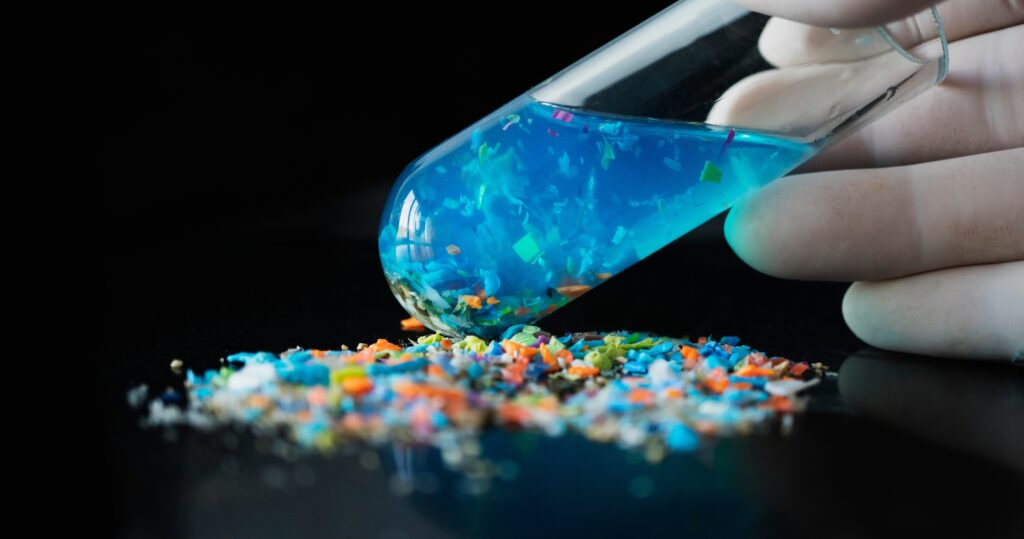Microplastics have been found in our blood, lungs, guts — even our brains. Scientists estimate we may each carry about 5g of plastic inside us. The health impact is still uncertain, but new research suggests these particles might be altering our bodies in subtle ways.
At the University of Graz, Dr Christian Pacher-Deutsch found that microplastics can change gut bacteria, creating patterns linked to depression and cancer. “Reducing exposure is a wise precaution,” he said.
Microplastics come from packaging, clothing, tyres and cosmetics. They are small enough to pass into organs and cells. Studies in mice show they can affect behaviour and brain chemistry. In people, they’ve been detected in arteries and brains, raising concerns about heart disease and dementia.
Still, scientists urge caution. “We don’t yet know what these numbers mean,” said Prof Stephanie Wright of Imperial College London. “Not all plastics behave the same way.”
Experts advise reducing exposure where possible — avoiding hot food in plastic, switching to glass or steel, wearing natural fabrics, using wooden boards, and avoiding cosmetics with microplastics.
We can’t avoid plastics completely, but cutting down may protect both our health and the planet.



